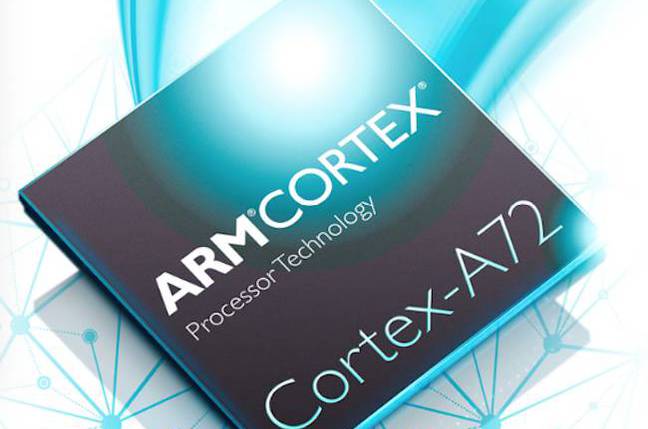

Amazon Web Services (AWS) has said it is aiming the custom ‘Graviton’ ARM server chip it introduced this week at scale-out workloads shared across a number of instances, for which the chip can offer significant cost reductions.
Launched at AWS’ re:Invent conference in Las Vegas, Graviton is the first ARM chip to be offered in the cloud.
The chip powers a newly introduced instance called A1, which supports Linux distributions such as Amazon Linux 2, Red Hat and Ubuntu and container services including Amazon Elastic Container Service (Amazon ECS) and Amazon Elastic Container Service for Kubernetes (EKS).
Graviton isn’t intended to compete with general-purpose server chips, such as those made by Intel, on raw processing performance, AWS said.
Instead, the cloud infrastructure giant said it can reduce costs by up to 45 percent, compared with other Amazon EC2 general purpose instances, for scale-out workloads.
Such workloads include containerised microservices and web-tier applications that don’t require the x86 instruction set, AWS said.
For such workloads, the new ARM chip offers lower cost without compromising performance, it said.
“With today’s introduction of A1 instances, we’re providing customers with a cost-optimised way to run distributed applications like containerised microservices,” said AWS vice president of compute services Matt Garman.
The chip springs from AWS’ acquisition of ARM licensee Annapurna Labs in 2015, and the A1 instances it powers are available as of this week in the US and Europe.
The chips use the 64-bit ARM instruction set, with ARM’s data centre-oriented Neoverse cores as well as custom silicon designed by AWS.
Graviton uses the Cortex A72 microarchitecture which, when introduced in 2015, was aimed at high-end smartphones and tablets. The chips run at 2.3 GHz, AWS said.
At re:Invent AWS also introduced P3dn GPU instances, aimed at machine learning and high performance computing applications, and C5n instances, which deliver increased network bandwidth for running advanced compute-intensive workloads.
Both the P3dn GPU and C5n instances feature 100 Gbps networking throughput, for the scale-out of compute intensive workloads such as high-performance computing, machine learning training and data analytics.
AWS also introduced the Elastic Fabric Adapter (EFA), anetwork adapter for EC2 instances aimed at delivering performance comparable to on-premises high-performance computing clusters, and AWS Global Accelerator, a managed service that aims to improve the availability and performance of applications running in one or more AWS regions.
Notable development for Meta, after appeal against 2021 WhatsApp privacy fine is backed by advisor…
First sign of shakeup under new CEO Lip-Bu Tan? Three Intel board members confirm they…
Trump's nominee for SEC Chairman, Paul Atkins, has pledged a “rational, coherent, and principled approach”…
After being 'retired' by Intel's board of directors, ex-CEO Pat Gelsinger has joined a VC…
President touts easing Chinese tariffs to facilitate TikTok sale, and also implements 25 percent tariff…
Copyright lawsuit against OpenAI and Microsoft from The New York Times and other newspapers can…